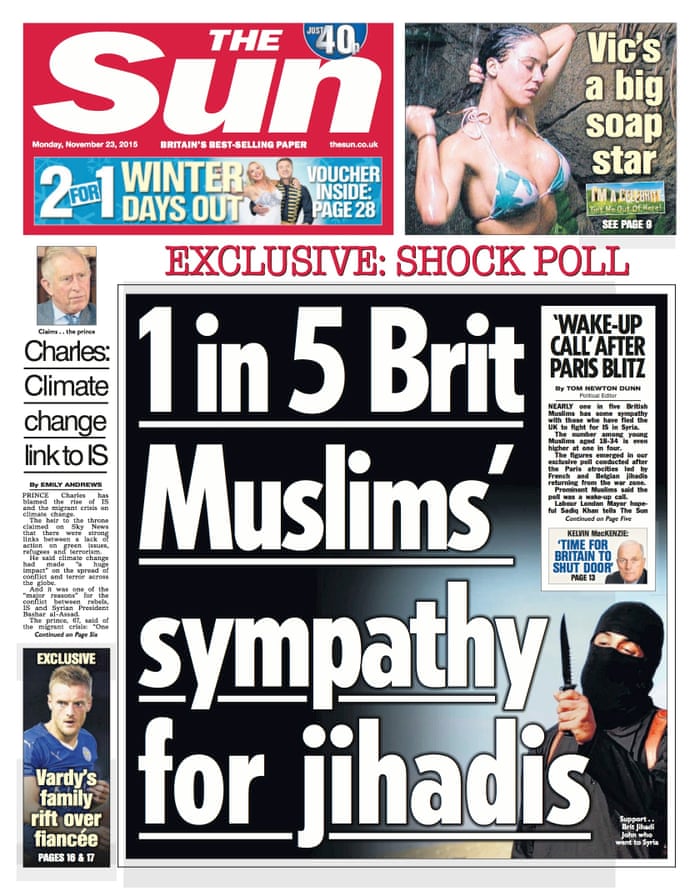Greg James began presenting the Radio 1 Breakfast show on 20th August 2018.
2. What is the age range of the target audience that the R1BS aim to attract?
The targeted age range is 15-29 year olds.
3. What are the main differences between R1BS and commercial stations' breakfast shows like Capital FM?
Only adverts from the BBC are allowed to be shown under their rules and regulations. Contrasting to smaller radio shows where they are able to gin more income due to advertising a variety of commercials.
4. List as many ways audiences can access Radio 1 that you can think of.
Phone, Tablet, Computer, Radio, MP3 Player, Laptop, Mainframe, Supercomputer, Watch
5. How can the audience interact with the R1BS?
The audience are able to interact with Greg James because of th games that are played. Including: 'Pass the pasty', 'Unpopular opinions and 'Jan slam'. These games all make the audience participate by calling in etc. James also hosts many quizzes each day where the audience can submit their answers via the show's social media or by ringing into Greg James himself.
6. Which professional body regulates Radio and how might this affect what is broadcast?
Ofcom regulates the content standards of the BBC's radio, on-demand programmes and television. The BBC does handle complaints however, Ofcom is the regulator for the BBC.
7. How does The R1BS fulfil its remits as a public service broadcaster?
It does this by its consistent audience engagement through social media platforms, games and the latest news.
8. Why is the controller of Radio 1, Ben Cooper unconcerned about the drop in listening figures for the R1BS?
9. How does the program promote British music?
On average, 53% of the music played every hour and a half is British.
10. What genres of music were played during your slot? Give some examples.
Pop, Rock, Alternative/Indie, Rap.
11. Celebrity interviews - Who is being interviewed and what are they being interviewed about? How many of the interviews are with British people?
------------------------
12. News items - List the stories and identify which relate to Britain.
immigration, Brexit, Sport, Film nominations.
13. Quizzes and games - what can you win?
You can win tickets to sports matches/festivals/concerts.
14. How does the broadcast fit into the BBC ethos of 'informing, educating and entertaining'?
Everyday, the radio informs and educates people on the latest news and also it entertains by playing music and talking to celebrity guests/the public.
15. How does it differ from commercial breakfast shows?
16. Who do you think the audience is from the content of 'your section'? What evidence do you have for this?
15-29 year olds. the content talked about is fairly mature so younger people are not suited to hear it. Also, their is a wide range of music played to suit different ages.
17. How large is the audience for the Radio 1 Breakfast show?
On average, there are 5.10 million listeners per week.
18. Which five audience categories did the BBC Trust use to measure audiences in 2016?
19. Which BBC radio station is most targeted at a mass audience?
BBC Radio 2 is most targeted at a mass audience because it covers more content and it last for a longer period of time.
20. Which BBC radio station is most aimed at a niche audience with high levels of cultural capital?
BBC Radio 1 is the most aimed at aa niche audience due to the smaller age group of their target audience.

No comments:
Post a Comment